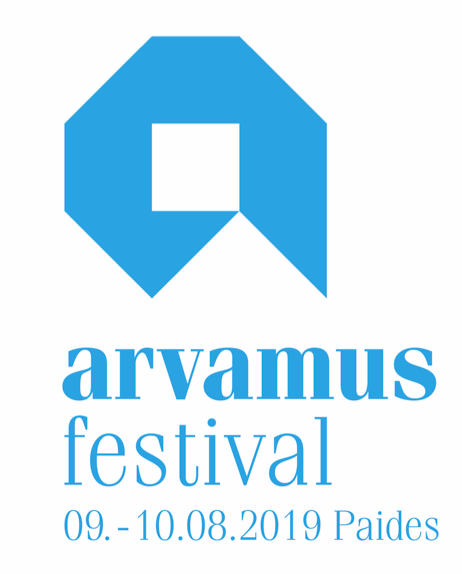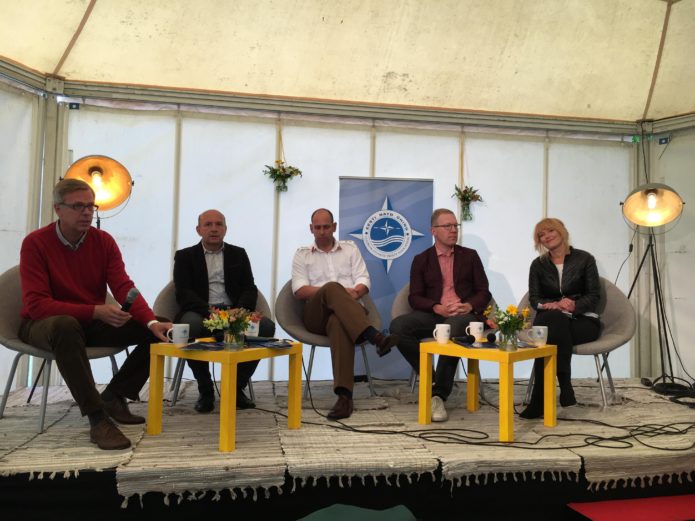By Helen Wright
Panellists: Deputy Chairman of Foreign Affairs Committee of Estonian Parliament
Marko Mihkelson, commanding Officer in the British Army Paul Clayton, CEO of the Estonian Wind Power Association Anu Eslas (who has a background in defence), research fellow at the International Centre for Defence and Security Kalev Stoicescu, with Taavi Toom acting as moderator.
At 70, NATO is technically a pensioner. But the panel members at The Future of NATO discussion on Friday afternoon agreed that the alliance is in good health. “70 is the new 50 or 30,” joked Marko Mikkhelson.
Subjects covered by the panellists included cooperation, integration, member states’ defence spending, threat assessments, Russia, and the future relationship between NATO and China.
Panellists agreed cooperation between member states has been strengthened after the Russian invasion of Crimea in 2014. They discussed the view that members further west had realised that Russia poses a threat to the alliance, as opposed to this being simply a case of eastern members simply being paranoid. Now, one of the biggest challenges the alliance faces in the future is how all the members cooperate with each other with their equipment and technology.
Looking ahead, the panellists agreed they did not see the threat posed by Russia diminishing anytime soon, and maybe not for the next 50 years. Kalev Stoicescu said Europe will have to be in charge of its own defence, especially if the United States becomes more involved in other regions of the world.
While discussing the role China plays in NATO’s defence, Paul Clayton said it was possible China could place some of its military in Africa to protect its investments. This would put China in direct conflict with some European NATO members interests in the region.

